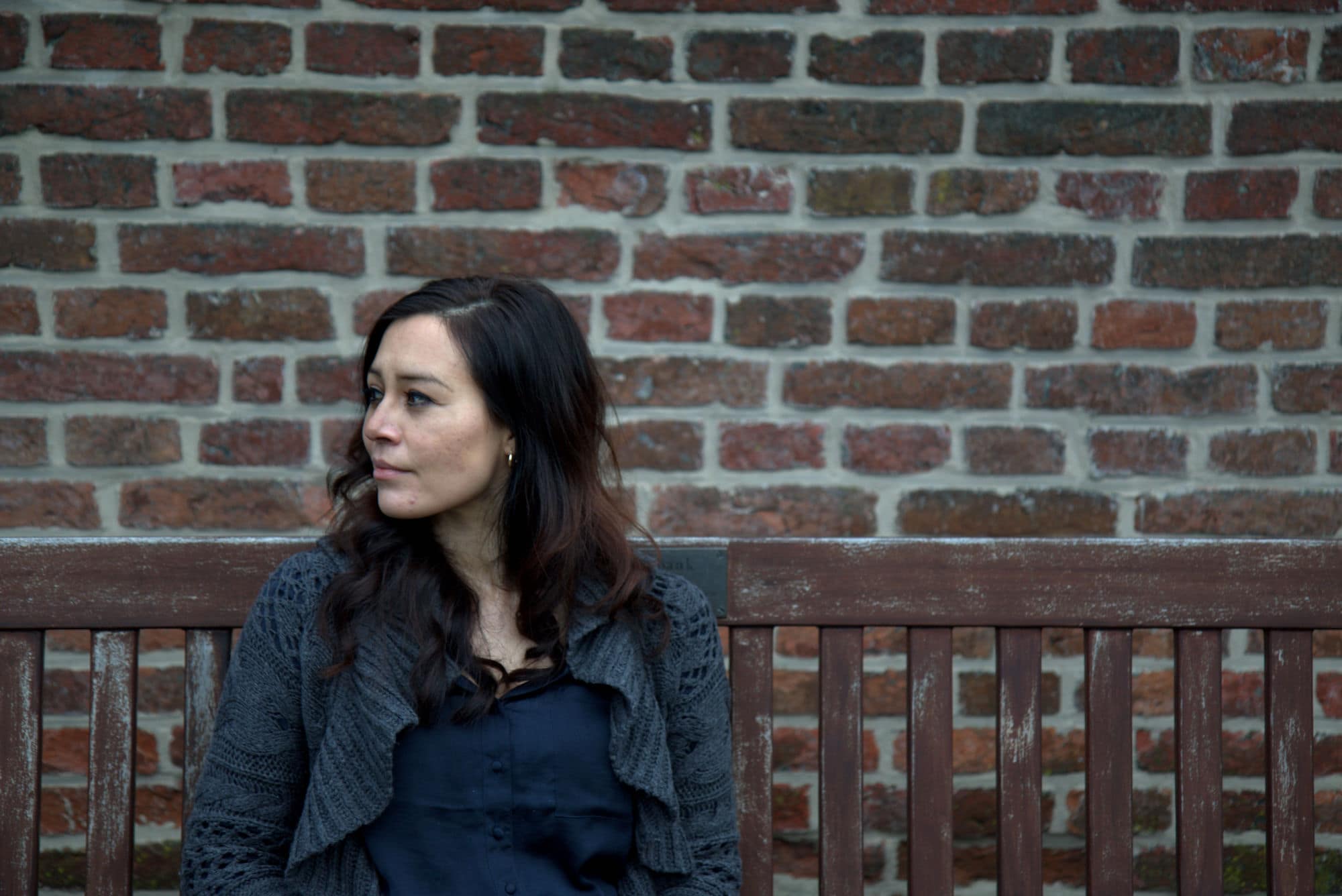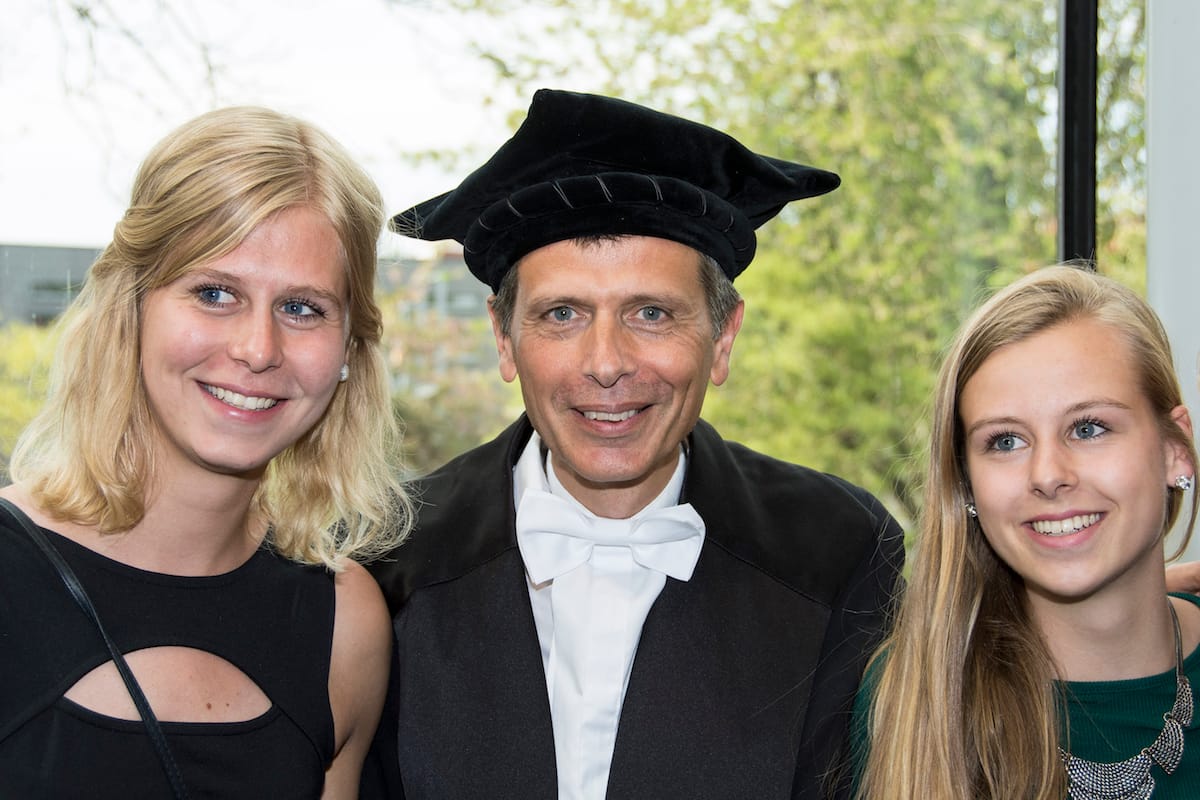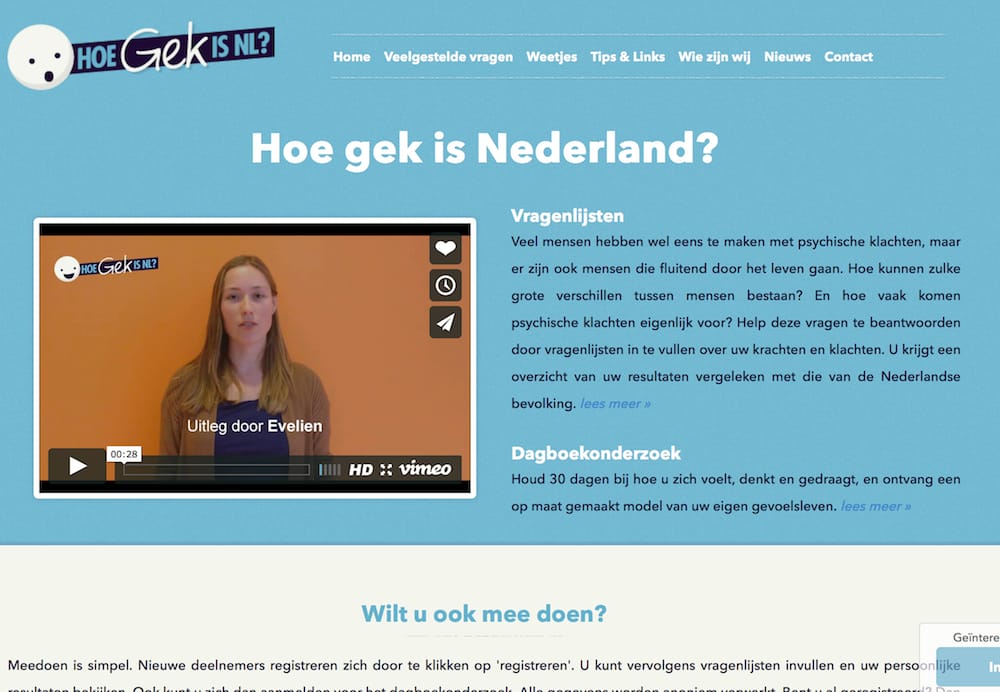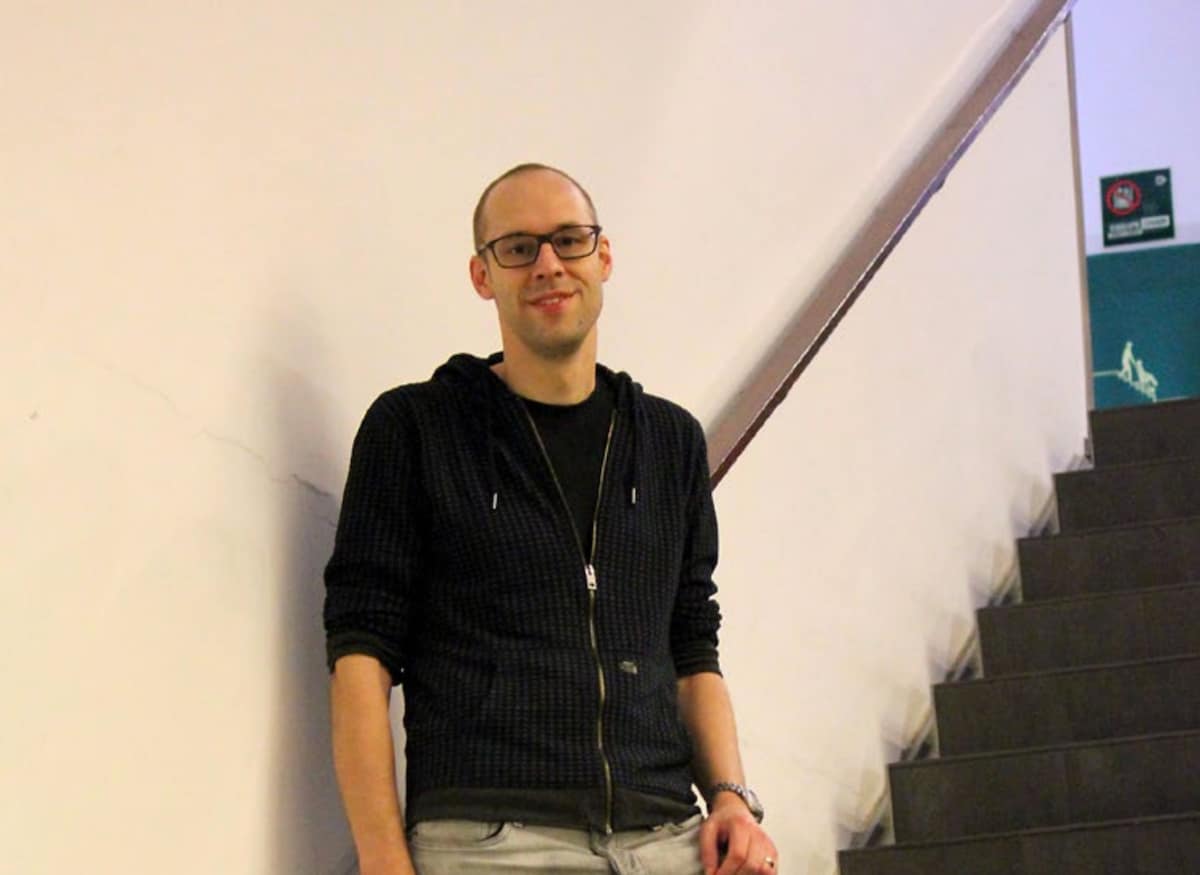Marcus Munafò is Professor of Biological Psychology at the University of Bristol. His main research is on the neurobiological and genetic basis for tobacco and alcohol use, but he has also had a long-standing interest in the role of incentive structures in science, and their impact on research reproducibility. His scientific work on science (metascience) […]
Every quarter, we share articles published in the BCN Newsletter and we are happy today to share an interview with Dr. Stéfanie Enriquez-Geppert, who recently started working at the Psychology Department as Assistant Professor in Neuropsychology. The interview was conducted and written by Anna Leonte, a BCN MSc student.
Every quarter, we share articles published in the BCN Newsletter and we are happy today to share an interview with Dr. Simone Sprenger, Assistant Professor at the Faculty of Arts, who studies language perception and bilingualism. The interview was conducted and written by Améie la Roi, PhD candidate in linguistics.
Every quarter, we share articles published in the BCN Newsletter and we are happy today to share an interview with Dr. Hanneke Loerts, lecturer at the Faculty of Arts, who uses eye-tracking, electrophysiological, and behaviour methods to study language acquisition. The interview was conducted and written by Annelot de Rechteren van Hemert.
We are happy today to share an interview with Dick de Waard, who recently became Professor of “Traffic Psychology and the Retention of Mobility” in the Clinical and Developmental Neuropsychology group of our department. The interview was conducted and written by Heleen Hoogeveen, PhD candidate on the topic of food perception.
HoeGekIsNL is a national crowdsourcing study designed to create an empirically based representation of mental strengths and vulnerabilities and their role in mental disorders. It is an initiative of the Interdisciplinary Center Psychopathology and Emotion regulation (ICPE), UMCG. The team behind the project is led by professor Peter de Jonge and is comprised of scientists from different fields, including psychiatric epidemiology, psychology, computer science, and mathematics.
Every year, we ask six staff or student members from our department to write about the books they love and think you will love too. These are the books that we recommend you take to your vacation this summer and, just to make sure you do, we will send them to one of you for free!
Mind-reading has long been the domain of science fiction writers. To date, neuroscience research is mostly still focused on localizing cognitive functions in the brain, rather than at understanding the algorithms behind them. This is the main reason why we know roughly where problem solving takes place in the brain, but not how it is done.
We’re ready to celebrate the end of 2015 and the beginning of an exciting 2016, here on Mindwise, and what better way than to share with you the most popular posts from these past twelve months! We’ve been thrilled with your interest all year and we look forward to sharing with you great new […]
Is the way we assess learning in higher education killing its very central aim: learning? It is, if Eric Mazur from Harvard University is to be believed and he makes a very convincing case in the talk he gave in Groningen a few weeks ago. Read on to see what students and staff from our department think about it.









